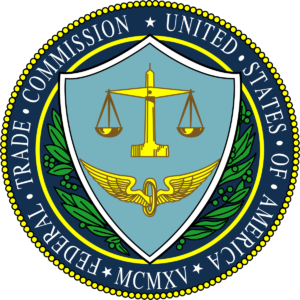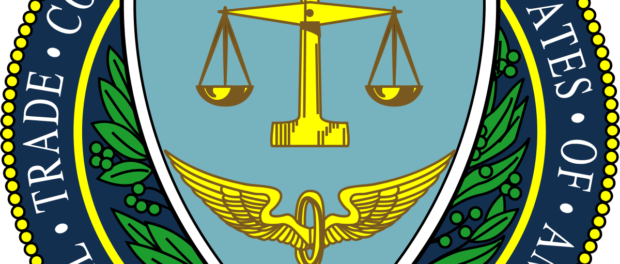After FTC complaint, board drops in-person supervision requirement of unlicensed staff
 Following a complaint by the U.S. Federal Trade Commission that it was violating federal antitrust law, the Alabama dental board agreed in September to retract a rule it had adopted requiring that dental assistants and other non-dentist practitioners be supervised in person by a licensed dentist.
Following a complaint by the U.S. Federal Trade Commission that it was violating federal antitrust law, the Alabama dental board agreed in September to retract a rule it had adopted requiring that dental assistants and other non-dentist practitioners be supervised in person by a licensed dentist.
The FTC investigated the dental board after the board cited the supervision rule when it sent a cease-and-desist letter to a teledentistry platform for not complying with the requirement. In a proposed consent order issued for public comment October 14, the FTC alleges that, with this supervision requirement, the board unreasonably excludes teledentistry platforms from competing with state-licensed dentists to provide teeth alignment products and services. In re Board of Dental Examiners of Alabama, FTC File No. 1910153 (2021).
Allegations of anti-competitive rulemaking and other actions in the past could be countered by citing the state action defense, which exempts certain state agency actions from federal antitrust scrutiny. If a state regulatory board is controlled by market participants, as many licensing boards are, their actions would, in theory, be shielded from antitrust liability.
But as the complaint also alleges, the enactment of the rule and the cease-and-desist letter do not fall within the scope of the state action defense. The state action defense exempts the actions of state regulatory boards controlled by market participants from federal antitrust liability where the board is “acting pursuant to a clearly articulated state policy to displace competition” and the board is “actively supervised by a neutral state official with the power to veto or modify the board action.”
In the case of the Alabama board, the FTC said, it is controlled by industry participants because it is comprised of six licensed dentists and one dental hygienist. And yet, the rule and the cease-and-desist letter were not reviewed and approved by a disinterested state official with the power to veto or modify the rule before they went into effect.
Under the proposed settlement the FTC reached with the board, the board would cease and desist from requiring on-site supervision when non-dentists perform intraoral scans and would be required to notify the FTC about changes to its rules related to intraoral scanning or clear aligner platforms.

